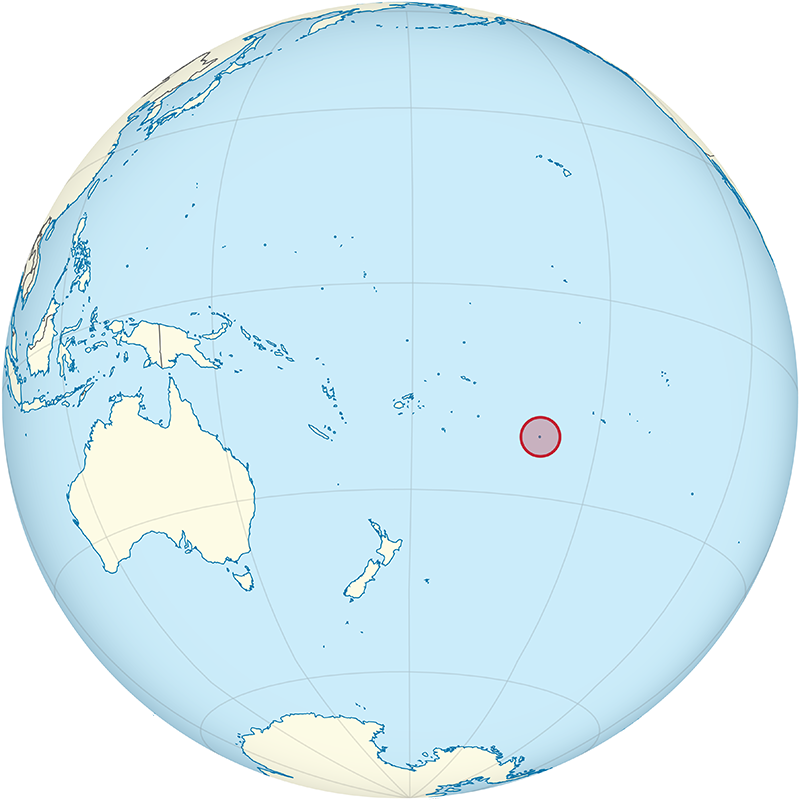Cook Islands


- Population:
- 13,700
- Language:
- English
The Cook Islands became a self-governing territory in free association with New Zealand in 1965. Historically inhabited by Polynesians, European contact began in the 16th century. The islands maintain strong cultural traditions and rely on tourism, fishing, and financial services for economic development.
The Cook Islands is a self-governing island country in free association with New Zealand, located in the South Pacific Ocean. The nation comprises 15 islands spread over 2.2 million square kilometers of ocean but has a total land area of just 236 square kilometers. As of 2023, the population is estimated at around 17,500 people. The capital is Avarua, situated on the island of Rarotonga, which is also the largest island. The official languages are English and Cook Islands Māori (Rarotongan). The Cook Islands has a parliamentary representative democracy, with the British monarch as the head of state, represented by the Queen's Representative. The economy is primarily based on tourism, offshore banking, pearl farming, and marine and fruit exports. While the Cook Islands is self-governing, it maintains a close relationship with New Zealand, which is responsible for its defense and foreign affairs, in consultation with the Cook Islands.
| Title | Population | Bibles | Resources |
|---|---|---|---|
| Rarotongan | 12599 | 1 | 2 |
| Rakahanga-Manihiki | 1942 | 0 | 0 |
| English | 1500 | 243 | 359 |
| Penrhyn | 340 | 0 | 0 |
| Niuean | 193 | 2 | 1 |
| Pukapuka | 0 | 1 | 0 |
